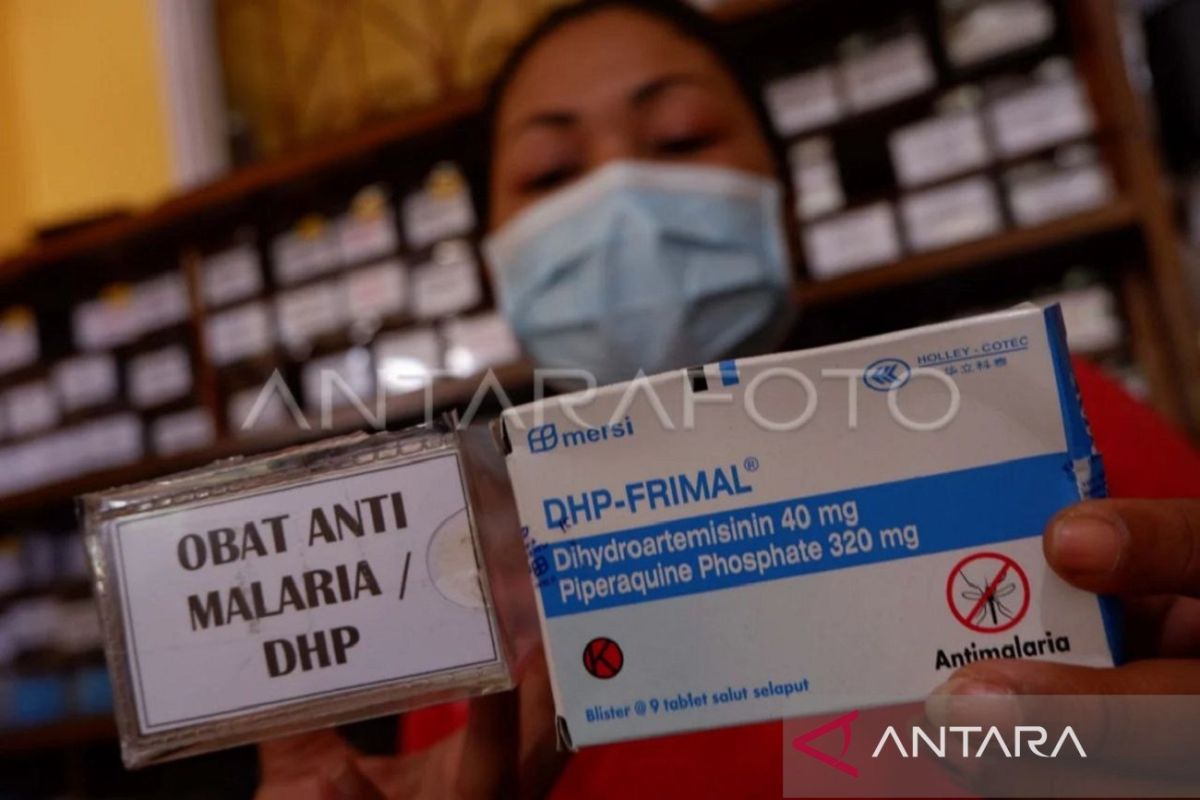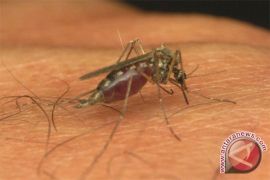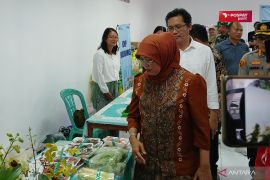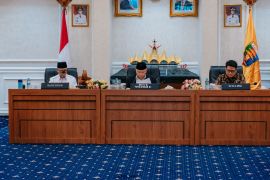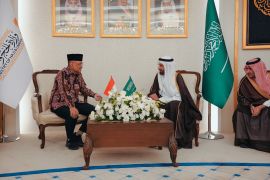Speaking at an online discussion held on Wednesday, she explained that AI technology can help combat malaria by improving detection sensitivity.
“AI can differentiate between various Plasmodium species. We need to distinguish between Plasmodium falciparum, Plasmodium vivax, and others, as the treatment differs for each,” she stated.
Asih noted that AI is capable of measuring parasite density, which is critical for accurate treatment and facilitating diagnostics at healthcare facilities.
She emphasized that integrating AI into malaria diagnostics can enhance the accuracy of traditional methods, such as microscopic examination and Rapid Diagnostic Tests (RDT), which sometimes fall short in detection accuracy.
“AI-based observation tools can be developed to allow fast and accurate malaria diagnosis, even in remote healthcare centers with limited resources. This supports timely initiation of appropriate treatment,” she explained.
At the same event, Head of BRIN’s Research Center for AI and Cybersecurity, Anto Satriyo Nugroho, stated that his team is currently studying the AI application to improve malaria diagnosis.
Nugroho explained that the AI-based system is designed to automatically determine malaria infection status by analyzing thin and thick blood smear microphotographs.
The data used to train the system is sourced from various regions across Indonesia, enabling the AI to recognize a wide range of malaria parasite species.
However, he noted that one of the challenges in developing an AI diagnostic system for malaria is the parasites' changing morphology.
"However, we remain optimistic that continuous research and AI development will produce diagnostic tools and make a significant contribution to malaria eradication efforts in Indonesia,” he stated.
Related news: Ministry targets 8 million malaria tests amid rising cases
Related news: Indonesia calls for global surveillance, commitment to beat malaria
Related news: Indonesia joins in malaria research to prevent transmission at IKN
Translator: Sean, Kenzu
Editor: Azis Kurmala
Copyright © ANTARA 2025
